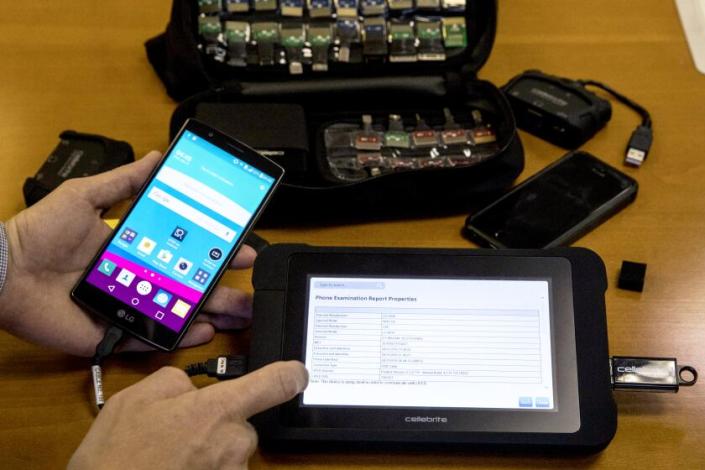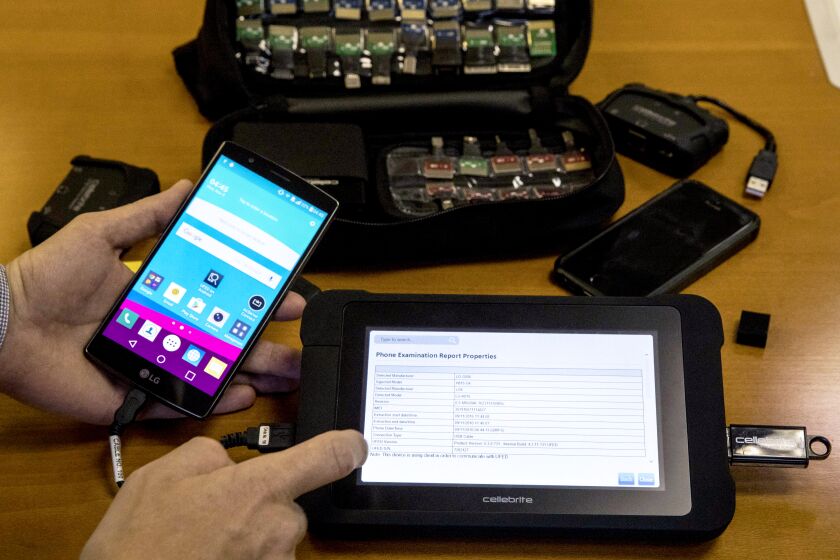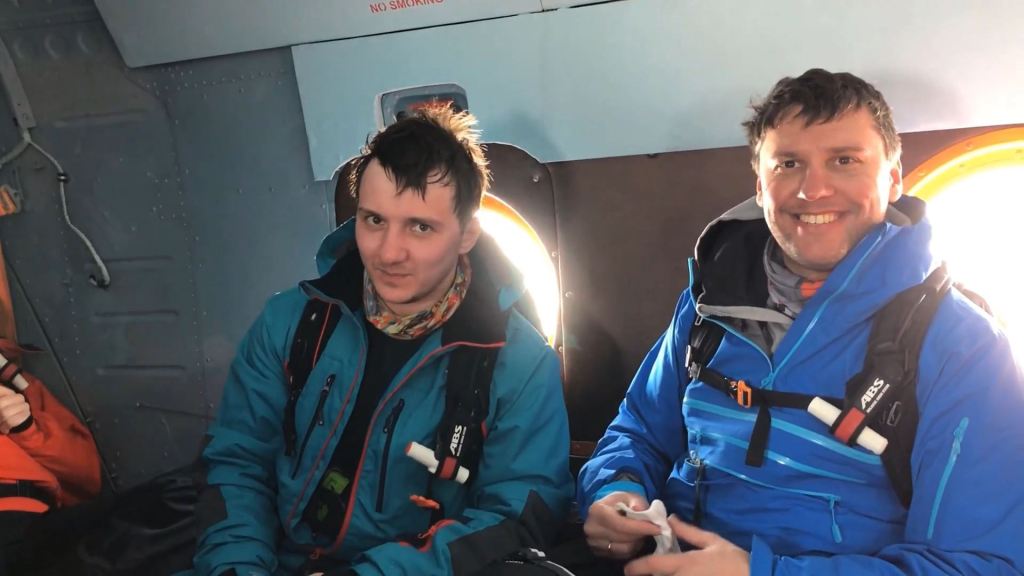Pasadena police banking on phone-hacking tool to solve cold case murder

For years, a locked cellphone belonging to the suspect in a Pasadena homicide sat in an evidence room as investigators sought a way to get around the device’s security measures.
Police might have finally caught a break.
Israeli mobile forensics firm Cellebrite has released a software update with a “Lock Bypass” feature that could allow police to access the suspect’s locked Samsung g550t phone and retrieve any evidence about the December 2015 slaying, according to a recently filed search warrant application.
As smartphones have become ubiquitous, law enforcement agencies across the U.S. have recognized their potential usefulness in criminal investigations — a vast trove of personal information about whom the users communicate with, where they shop and where they travel.
But police departments’ attempts to access phones have often put them at odds with companies such as Apple and Samsung, which market their devices’ built-in security and privacy to digital-savvy users.
It’s not clear from the warrant in the Pasadena case if investigators were able to bypass the phone’s passcode lock using the Cellebrite program or what, if any, data they extracted. But in an affidavit supporting the warrant, a Pasadena homicide detective wrote that he learned about the update in mid-January from a computer forensic examiner assigned to the Verdugo Regional Crime Laboratory.
“In January 2023, the Cellebrite program successfully bypassed the lock on a Samsung cellular telephone, for an unrelated investigation, with the new software update,” said the warrant, which seeks records from a month before the incident through Nov. 18, 2015, the date of the suspect’s arrest. “This search warrant seeks permission to search and seize records that may be found on [the suspect’s] cellular telephone in whatever form they are found as it relates to this homicide investigation.”
The simmering debate over cellphone privacy first spilled into the…



